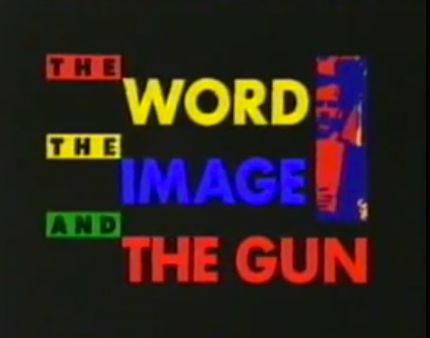
On September 27, 1991 BBC 1 broadcast a film on Don DeLillo, titled "Don DeLillo: The Word, The Image, and The Gun" which was directed by Kim Evans. As of October 2013 the film has been put up on YouTube - here's the link.

The film is introduced as follows:
Don DeLillo writes dangerous fiction.
He's been called America's leading contemporary novelist, and his ten novels come directly out of the flow of recent history. The Kennedy assassination, toxic fallout, acts of terrorism; these are all part of the running picture of news against which his books are set.
This film was developed in close collaboration with DeLillo. He wanted to use the documentary form to explore the relationships between gunmen and the novelist, words and images, the power of news and the obsession with apocalypse. In doing so he asks, what effect can a novelist have on a culture in which terrorists seem to have hijacked the world's narrative.
We then hear a bit of a broadcaster describing the Kennedys as they move through Dallas, then a short passage from Libra. DeLillo begins to speak:
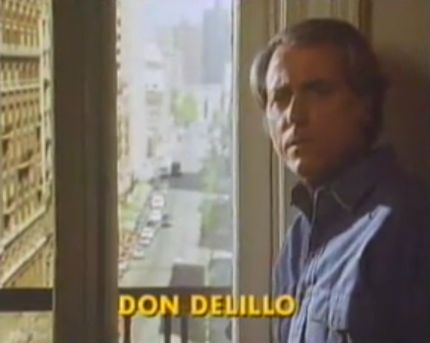
Isolation, solitude, secret plotting. A novel is a secret a writer may keep for years before he lets it out of his room. Writers in hiding, writers in prison. Sometimes their secrets turn out to be dangerous to the state machine. For most writers in the West of course this danger is extremely remote. The cells we live in are strictly personal constructions.
Let's change the room slightly and imagine another kind of apartness. The outsider who builds a plot around his desperation. A self-watcher, a lonely young man, living in a fiction he hasn't bothered to put down on paper. But this doesn't mean he is unorganized, he organizes everything. This is how he keeps from disappearing. His head is filled with dangerous secrets, and he may finally devise a way to come out of his room. He invents a false name, orders a gun though the mail, then looks around for someone famous he can shoot.
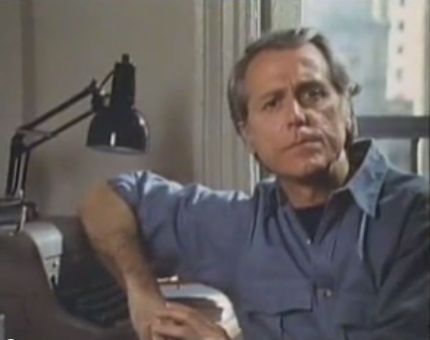
DeLillo at 5:20: "I think it's true that none of my novels could have been written in the world that existed before the assassination. In my fiction there seems to be a sense of danger everywhere, of something unraveling. When Kennedy was shot, something changed for ever in America. Something opened up, a sense of randomness, deep ambiguity, we lost the narrative thread."
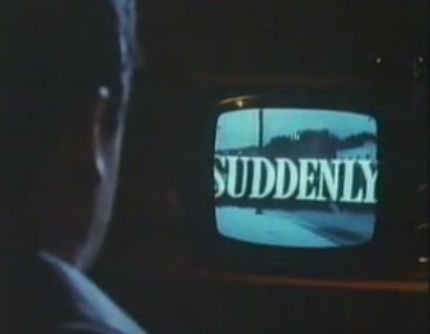
From Libra at 15:10: The first movie was Suddenly. Frank Sinatra is a combat veteran who comes to a small town and takes over a house that overlooks the railwroad depot. He is here to assassinate the President. (p. 369 in pbk)
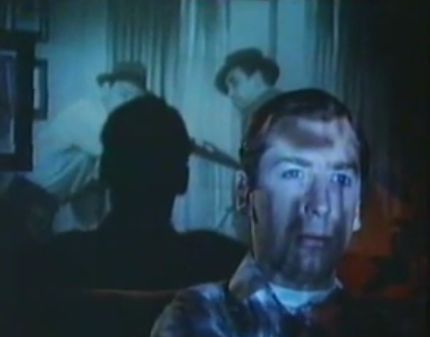
From Libra: Lee felt a stillness around him. He had an eerie sense he was being watched for his reaction. He felt connected to the events on the screen. It was like secret instructions entering the network of signals and broadcast bands, the whole busy air of transmission. Marina was asleep. They were running a message through the night into his skin.
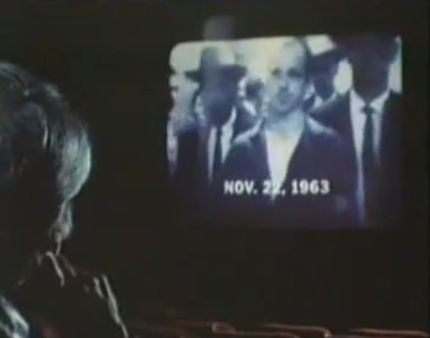

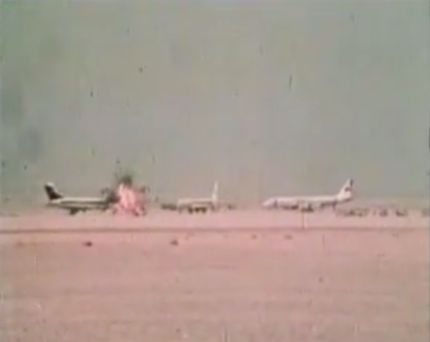
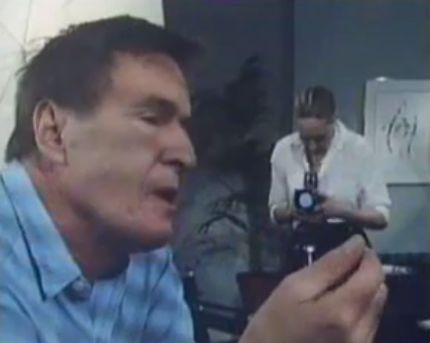
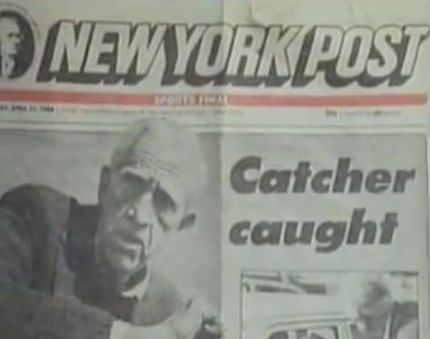
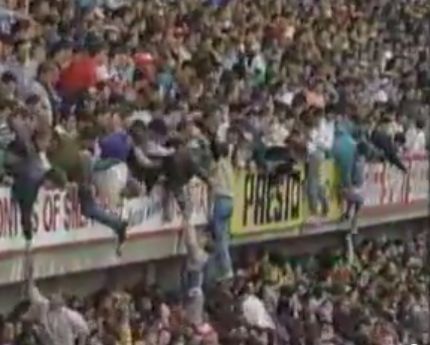
Tragedy at Hillsborough England (41:25) - 15 April 1989
DeLillo at 40:54 : "Today it's news that has begun to influence the way we see the world. It's news that has become so extraordinarily dominant. I think we've come to depend on news, the darker the better. In a way we need it, because it is the tragic narrative of our time."
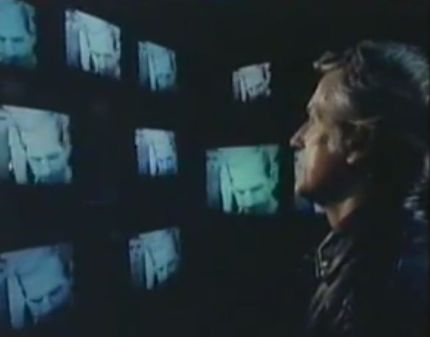
Kim Evan's filmed essay about an American novelist who is obsessed by violent images and what they can do to the soul of a 20th century culture like his, is dazzlingly, nay blindingly, assembled. The camera assumes an adversarial role. It is as much a weapon as the guns that feature so strongly in DeLillo's writing. Therefore, there are two ways of interpreting it when we talk of Evan's scenes being shot. More than one viewing of this film will be necessary for those viewers who simply can't keep up with what DeLillo is thinking, writing and seeing. It takes time to digest statments like "Stalking a victim is a way of organizing one's loneliness, making a network out of it" or "I knew I must extend myself until the molecules parted and I was spliced into the image." In his book Mao II, a character says "Keep it simple." Was DeLillo paying attention at the time?